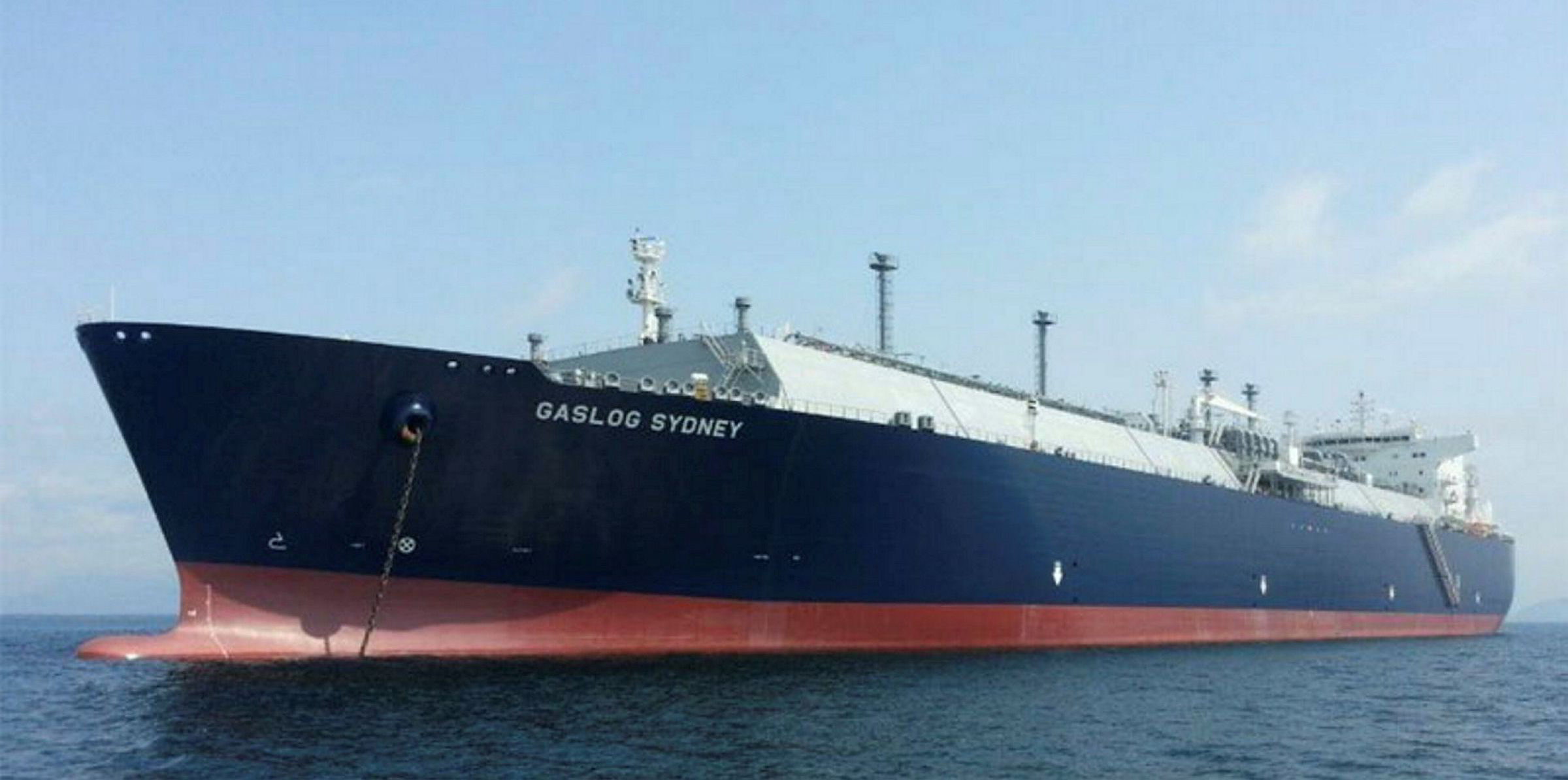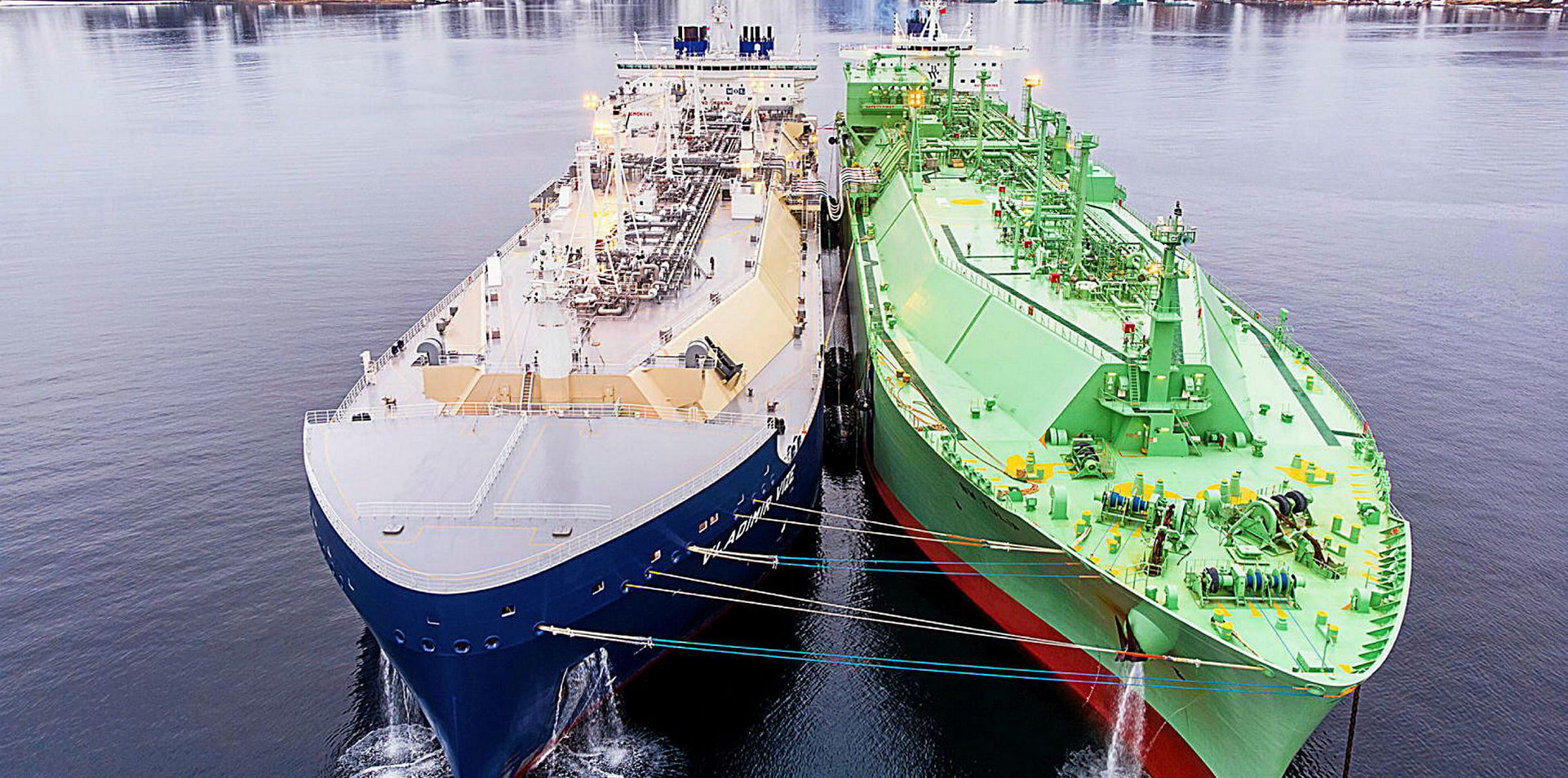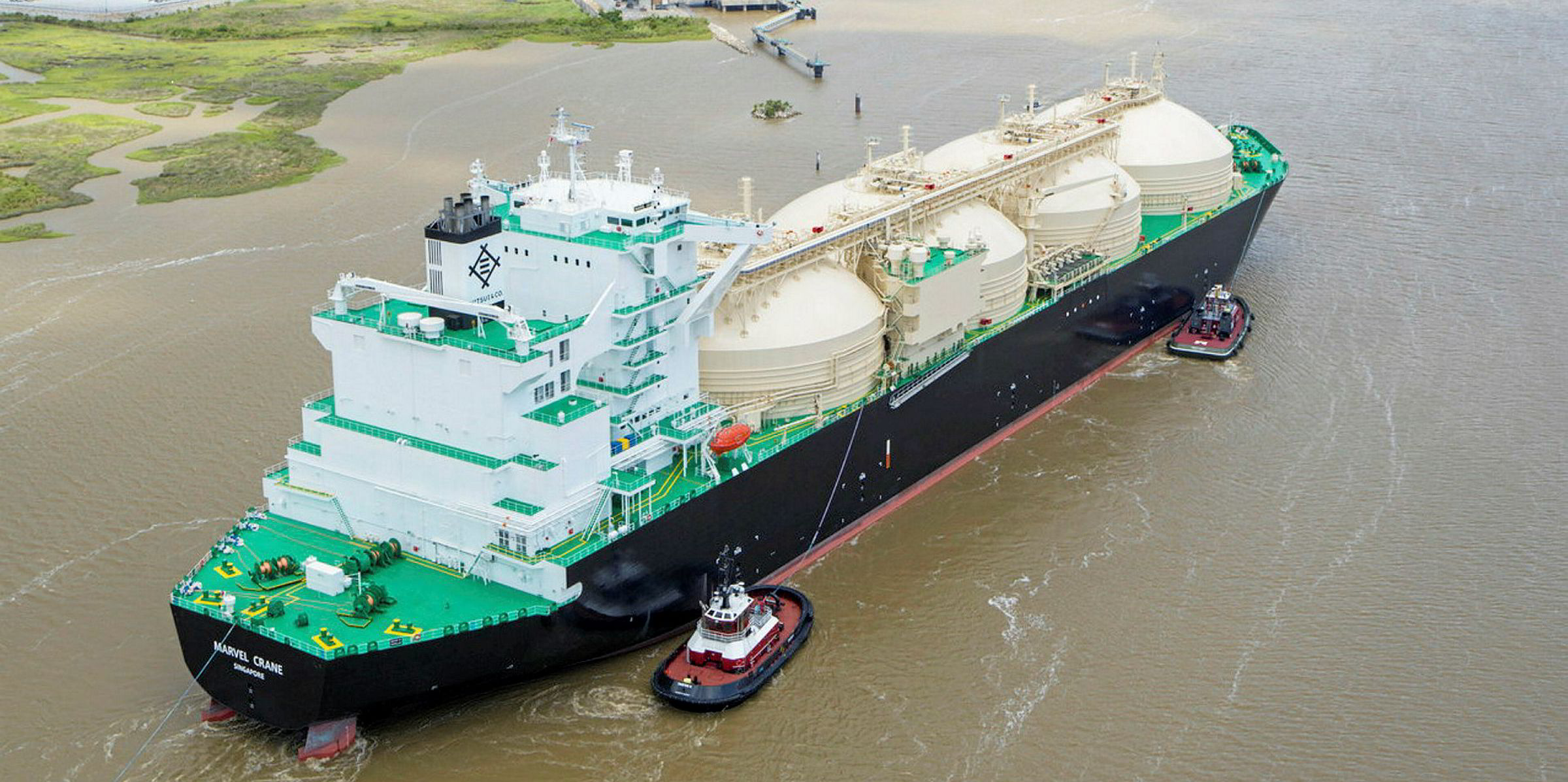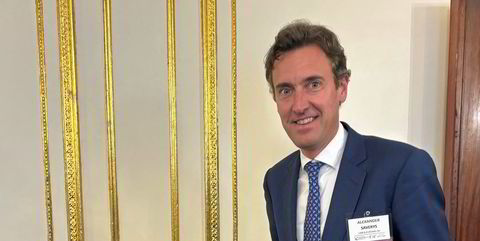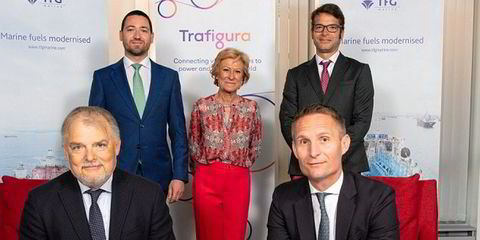Shell is still finding profitable arbitrage opportunities in the LNG market, despite the low-price environment, says a top industry analyst.
“2019 has been an interesting year for the LNG market with new supply from the US, Russia and Australia combined with lower demand driving European gas prices to $4/mcf,” said Bernstein European oil & gas senior analyst Oswald Clint.
“In such a low-price environment…we often get asked the question how do LNG traders still make money?”
In a report to investors, Clint highlighted the movement of three Shell-controlled LNG tankers and the arbitrage opportunities still available.
“The 155,000-cbm Gaslog Savannah (built 2010), possibly chartered by Shell, arrived in Europe from Sabine Pass on 21 October,” he said.
“The LNG tanker chose to wait instead of unloading the cargo immediately, as spot gas prices were rising as winter approached.
In such a low-price environment…we often get asked the question how do LNG traders still make money?
Bernstein
“When the cargo was finally sold in the UK 15 days later on 5 November, spot gas prices had risen $1.6/mcf to $4.5/mcf, boosting trip ebitda from a $2.6m loss to a $600,000 profit.”
In another example, the Shell-chartered 161,859-cbm Maran Gas Sparta (built 2015) left Cove Point in the US on 19 September and was originally destined for Northern Europe.
“Eight days into the trip, Shell found a more attractive price of $6.3/mcf in India. The ship then embarked on a month-long trip to India via the Cape of Good Hope,” said Clint.
“With spot European gas prices at $3.3/mcf, the longer journey to India boosted ebitda by $6.4m, from an estimated $2m loss to a $4.4m profit.”
In yet another example, Shell’s 170,000-cbm Methane Princess (built 2003), which unloaded an LNG cargo in Barcelona, was travelling to Trinidad to load its next cargo.
“When crossing the Atlantic, cheaper LNG became available at Equatorial Guinea,” said Clint.
“The Methane Princess instead loaded in West Africa, around $1.5/mcf cheaper, and delivered it into Turkey. We estimate the profit uplift was $3.8m as a result, highlighting that arbitrage was still available.”
Shell isn’t the only company profiting from a global portfolio of LNG supply, Cheniere has also benefitting from arbitrage opportunities, according to Bernstein.
The 155,000-cbm Gaslog Sydney (built 2013) is said to have picked up a cargo at Rotterdam via ship-to-ship transfer and was heading towards the Baltic in early October.
Meanwhile, the new LNG receiving terminal at Gibraltar was reported to be looking for LNG at the same time at oil-linked prices, according to Bernstein.
“The ship made a U-turn and [Cheniere] sold the gas to Gibraltar instead. We estimate the trip ebitda improved from $1.5m to $8.6m,” said Clint.
